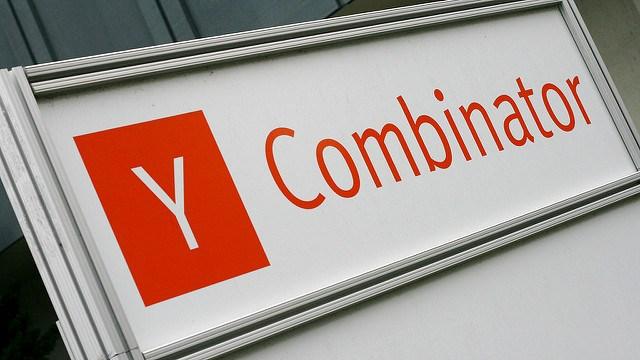
“What would you do if your income were taken care of?” asks a large, 7-ton sign in Geneva, Switzerland, that proudly boasts the Guinness World Record for largest poster. The poster advertises the Swiss referendum vote slated for June 5, a vote which will determine whether its citizens will be given a universal basic income.
A universal basic income has been a hot topic of debate for years. With technology production climbing annually and droids taking over the world seeming like less of a scary phenomena and more of an economical assistance, the debate may have reached a new height.
While the Swiss initiative lost badly at the polls, experiments will continue. Startup accelerator Y Combinator will run a basic income experiment with 100 families from Oakland, California, to predict what will happen when the employed and unemployed receive a fixed income.
Oakland was chosen as the site of the experiment because it’s thought to be a good representation of the U.S. at large, with a melting pot of socially and economically diverse participants. The pilot program is scheduled to run between six months to a year, with the people selected ranging from all over the economic spectrum, including the employed and the unemployed.
Each participant will receive a $1,000 to $2,000 monthly payout for doing absolutely nothing, and can spend it on their liking. The Swiss proposal is to provide a basic income of 2,500 francs, or US$2,700, per month.
Y Combinator’s aim for the experiment is to answer a few theoretical questions the cofounder and CEO of Loopt, Sam Altman, posed in a blogpost introducing the project.
“Do people sit around and play video games, or do they create new things? Are people happy and fulfilled? Do people, without the fear of not being able to eat, accomplish far more and benefit society far more? And do recipients, on the whole, create more economic value than they receive? (Questions about how a program like this would affect overall cost of living are beyond our scope, but obviously important.)"Of course basic income in its essence sounds like a great program that would stimulate the economy by giving citizens an allowance which they could spend freely on ways to promote their livelihood. People could get enough money to receive training or set aside funds for college either for themselves or their children.
But it also begs the question of whether it’s practical. The Center on Budget and Policy Priorities said doling out $10,000 annually to 300 million Americans would cost more than $3 trillion, according to a New York Times article. Right-leaning backers suggest the money allotted toward the universal basic income — with beneficiaries including both billionaires and the homeless — would essentially mean the death of all other government-subsidized programs such as food stamps and Social Security.
Eliminating other welfare programs because of the basic income program’s introduction would actually increase poverty, Robert Greenstein of the Center on Budget and Policy Priorities, told the Times. The article also argues, as many right-sided supporters would agree, that a basic income wouldn't incentivize work, allowing the poor to pick up checks at the end of every month, while the middle- and upper-class citizens foot the bill through a massive tax increase in order to subsidize such a program.
An argument to restrict the universality of the program would be to limit eligibility to include only those who participate in the economy. Tony Atkinson, an economist, suggested the money be allotted to only those who are working, looking for work or volunteering.
The Swiss proposal would cost about $210 billion — 30 percent of the country’s GDP. The Economist suggests the implementation of this program would be “self-defeating” because of its high taxes and banishment of a welfare system, as also stated in the Times piece.
But YC’s Altman is confident that basic income can provide value, and experimenting on it sooner than later is a smart way to look at its impacts.
“I’m fairly confident that at some point in the future, as technology continues to eliminate traditional jobs and massive new wealth gets created, we’re going to see some version of this at a national scale,” Altman said in the release.
He went on to write: “I also think that it’s impossible to truly have equality of opportunity without some version of guaranteed income.”
Switzerland’s economic future belongs to the voters participating in the referendum this coming week, but YC’s experiment may be a glimpse into the future if all goes swimmingly.
Image credit: Flickr/Paul Miller
Based in Atlanta, GA, Grant is a nonprofit professional and freelance writer passionate about affordable housing and finding sustainable approaches to international development. A proud graduate of the University of Maryland, Grant spent four months post-grad living in Armenia where he worked for Habitat for Humanity and the World Food Programme. He enjoys playing trivia with friends but is still seeking his first victory - he ceaselessly blames his friends lack of preparation.














